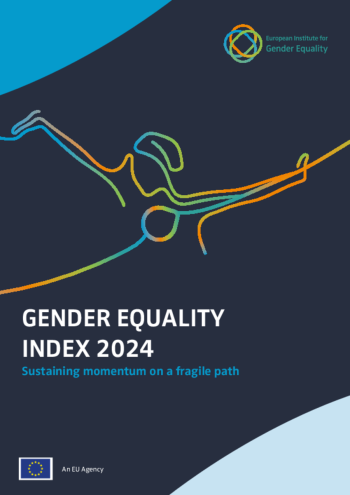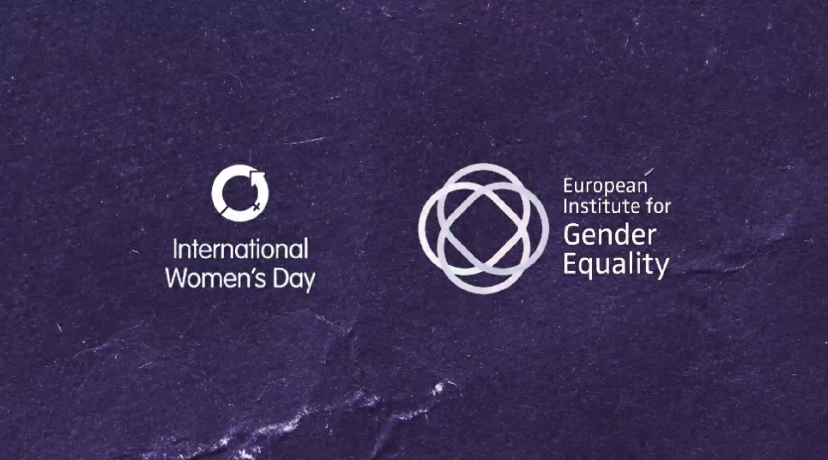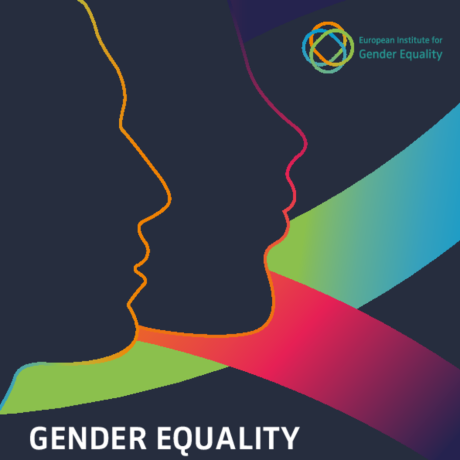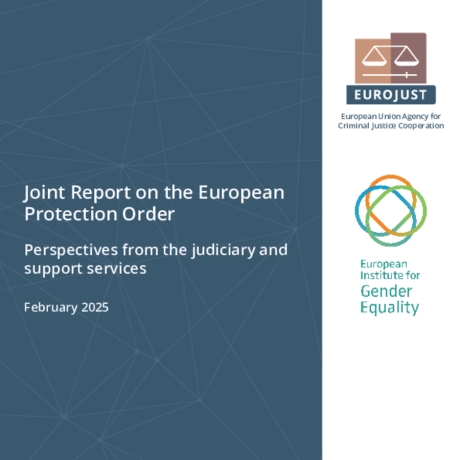
Ursula von der Leyen made a ‘union of equality’, based on the principle of equality for all and equality in all its senses, a cornerstone of her mandate. Binding measures since 2019 have made significant strides in supporting the fundamental principle of equal pay for equal work, gender-balanced company boards, work–life balance, binding standards for equality bodies and combating violence against women.
However, multiple and simultaneous crises and transformations are posing new challenges. Mounting evidence shows that changes in climate, digital technologies, demographics and geopolitics are profoundly affecting the lives of women and men from various social backgrounds. The time is ripe to consolidate gender equality progress and priorities to foster a real union of equality.
Since 2010, the Gender Equality Index has set a benchmark for equality between women and men to guide decision-makers on policies and goals for a more balanced and inclusive society across the EU by highlighting what is working and where, and what is not working.
This report presents the results of the Gender Equality Index 2024, along with key trends since the 2023 edition and between 2010 and 2022. A convergence analysis reveals diverse progress patterns at the national level while providing a broader context for Index findings. The report summarises the policy context, the EU and country scores in key Index domains and how these scores link to violence against women. An intersectional approach exposes different layers of inequality across domains.




